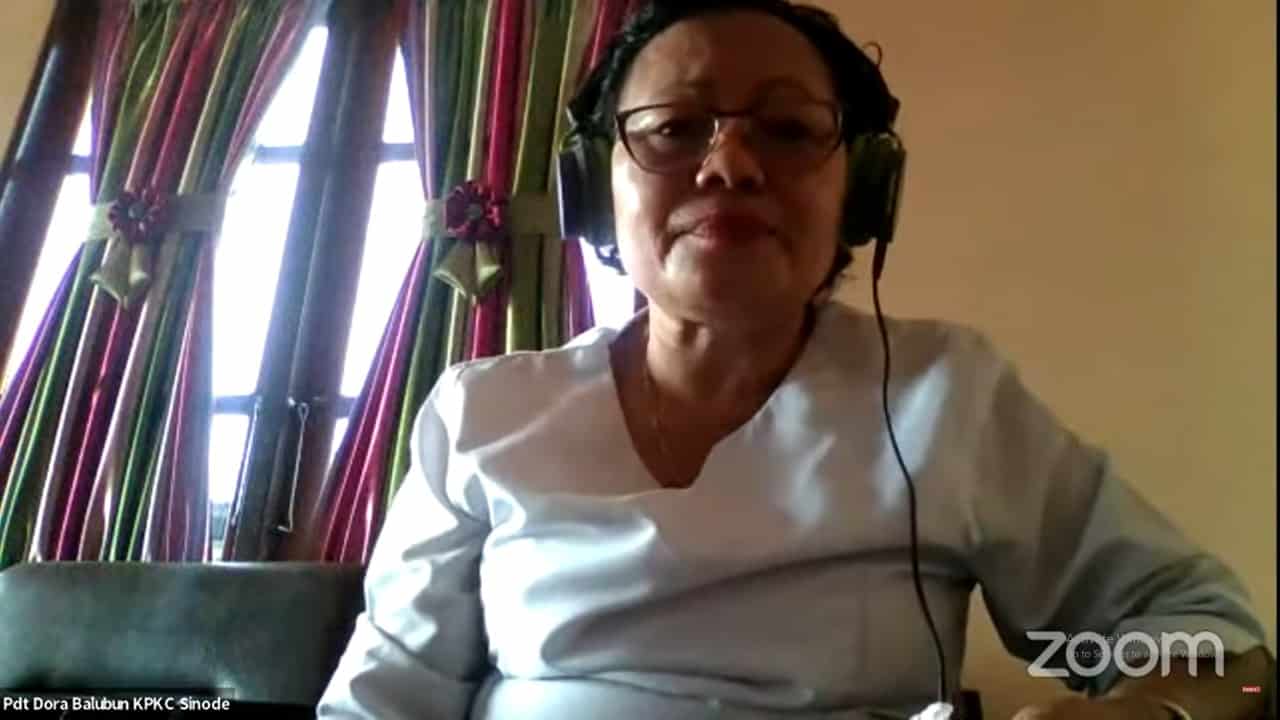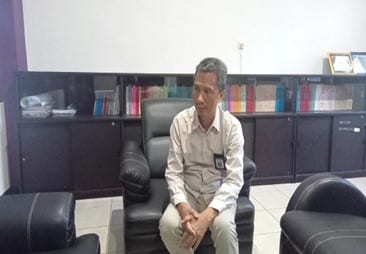Jayapura, Jubi – Head of Justice, Peace and Integrity of Creation of the Synod of the Evangelical Christian Church in Papua Rev. Dora Balubun said the expansion of Papua would only divide Papuans and put them into boxes of tribes.
“That is actually the source of the division of the Papuan people today. The Papua expansion made Papuan people return to their tribes,” Balubun said in an online public discussion “Questioning the New Autonomous Region: Is it to Solve Problems in Papua?” held by the Commission for Missing Persons and Victims of Violence (KontraS) on Monday, June 13, 2022.
Balubun assessed that the Papuan conflict was actually increasing as a result of the division of the region.
“A number of new areas of expansion expected to bring about change have actually created a new problem. Conflicts are actually more common in new autonomous regions,” she said.
Balubun said Papua’s expansion has increased the number of security forces, such as in Intan Jaya, Nduga, Puncak, and the Bintang Mountains. Their presence has also given rise to new conflicts.
“Moreover, the new autonomous regions do not yet have complete public facilities that schools and community residential areas are often used as military posts. This is ultimately done at the expense of the people’s comfort and safety,” said Balubun.
She said the central government should listen to the aspirations of the Papuan people conveyed by the Papuan People’s Assembly (MRP) on the rejection of the Papua expansion plan. However, the government has instead been silencing the indigenous Papuan democratic space by dispersing any protest against the expansion of Papua.
“The Indonesian government has closed its ears and hearts to listen to the voices of the people who reject the Papua expansion,” she said.
In fact, a report published by Amnesty International Indonesia titled “The Hunt for Gold: Mining Plans for the Wabu Block Risks Aggravating Human Rights Violations in Papua” has documented an alarming increase in security forces in new autonomous regions in Papua since 2019, from only two to 17 military posts.
Amnesty also noted that there were at least 12 cases of extrajudicial killings involving security forces, as well as restrictions on freedom of expression, beatings, and arrests that were often experienced by indigenous Papuans. (*)











